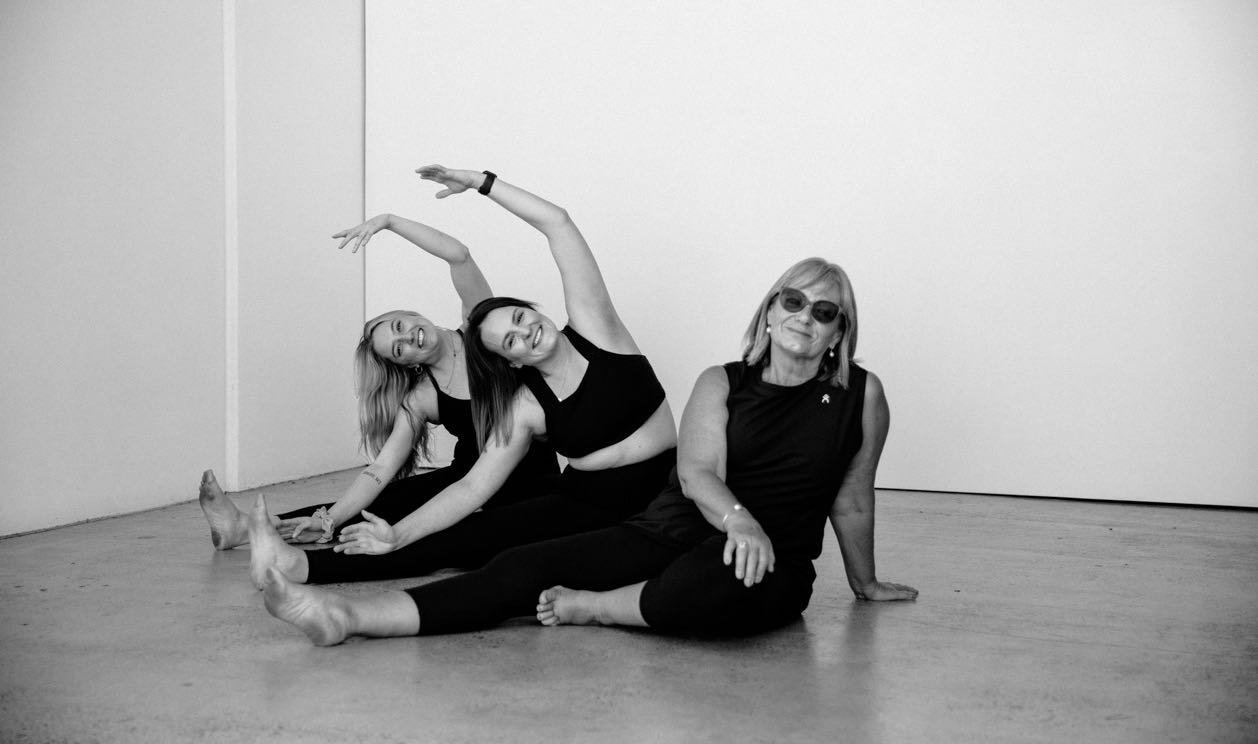According to the study published in the Journal of Alzheimers and WHO, more than 55 million people are affected by dementia worldwide. In addition, many of us have experienced having a loved one that suffers from this illness.
Our Grandpa has dementia and our Grandma has Alzheimers. We’re so glad they’ve lived such long and happy lives, they’re both in their 90s. However, it’s hard watching these diseases now take their toll on them. It’s also very difficult for our Mum, her Sister and other family members who contribute to their care.
They are now both in a care home and it’s great to see the facility organise activities for residents. Grandpa sometimes gets involved, we wish our Grandma would participate a little more. Hehe, she always did prefer to sit in the sunshiney chair and read a good book with her cat or dog by her side.
Research has show that when caring for a loved one with dementia, it’s important to find engaging activities to help keep them active and present. In a lot of care homes you’ll find that they organise craft activities and even chair Yoga.
Yoga has been found to be an excellent addition to memory enhancement training, as well as an opportunity to stretch and strengthen the muscles and improve flexibility and balance.
It has also been shown that the breathing and relaxation techniques learned during a Yoga class can also be utilized during panic attacks and stressful daily situations. People with Dementia and Alzheimers are often in this situation as they feel confused due to their condition.

As a classic Yoga class has many stationary poses and guided relaxation of various muscle groups, it makes a very mellow and safe way to move. This works well for those who suffer from dementia, Alzheimers, slower cognitive function, mild cognitive impairment, and other brain health issues.
Does Yoga reduce the risk of dementia?
The answer is: possibly! While there is no clear answer to this question, the matter has not been resolved; for now, research has proven that meditation and Yoga can help reduce stress hormones in the body.
This is important because stress hormones can cause inflammation, which can adversely impact essential brain structures that improve cognition and memory.
The practice of Yoga can help the brain by stimulating neuroplasticity and help the brain form new connections in certain parts of the brain.
Additionally, several studies have now shown that there is an increase in positive brain and cognitive changes with the continued practice of Yoga. Yoga can also lead to improved memory, improved verbal memory, and a healthier nervous system.
So even if it’s not 100% written in permanent marker, there are definitely some studies that show how amazing Yoga is for the brain.
This is motivation enough to get on your mat, right? If you’re ready to try out an Online Yoga Class, sign up HERE and we will send you a free class!
Benefits of Yoga for Dementia and Alzheimers
As previously mentioned, Yoga can be a fantastic addition to the routine of patients suffering from dementia or Alzheimers. Some of the main benefits of Yoga for your loved one’s life in the long term can include:
Yoga Can Improve Quality of Life
Several studies have shown that Yoga can improve the quality of life, especially if the yogi practising it suffers from dementia or Alzheimers or from cognitive function and mental health issues.
A Florida Atlantic University study, which lasted 12 weeks, has proven that the practice of Yoga (chair yoga, in particular) can improve the quality of life in dementia patients, and it can also give them something to look forward to in their schedule.
The study involved older adults with moderate-to-severe dementia who attended 45-minute sessions twice a week for 12 weeks. Results of this study showed that more than 97% of the participants were fully engaged in each Yoga session.
Yoga Can Improve Balance
As a practice, Yoga is going to promote flexibility and improve balance, focus, movement patterns, and coordination. Balance will come from fluid movements and mastering transitions between Yoga poses.
Having balance is going to be very beneficial for everyone. Still, it will be even more valuable for those who have dementia and Alzheimer’s since they are prone to falls and injuries.
Yoga Can Provide Routine
Patients with Dimentia and Alzheimers have a hard time keeping up with changes so having a routine set in place will benefit. For example, having a mild physical activity, such as, genle Kundalini Yoga or Kirtan Kriya mediation in their schedule is going to help with reducing stress by providing routine.
We, of course, wouldn’t recommend a home practice for your loved one’s, as it is important for the sessions to be fully supervised and guided by a qualified Yoga teacher.
The more we look into the practices of Yoga, Pilates and Meditation the more we are inspired to keep up our own consistent practice.
It really is amazing to know that these practices are helping us now and into our futures, not just physically but also mentally and cognitively.
Don’t forget to sign up here and try out one of our Online Yoga Classes, it’s free!
Always merrymaking,
Emma + Carla

